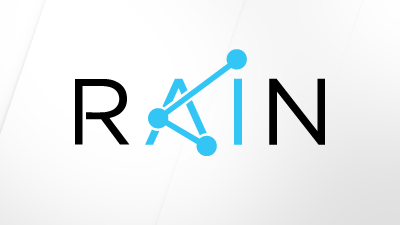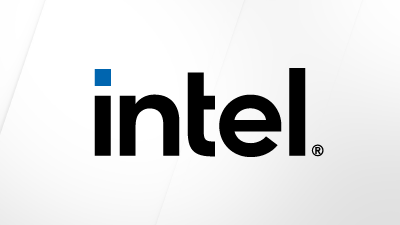Cloud native EDA tools & pre-optimized hardware platforms
Overview
Rebellions, a leading AI chip company from South Korea, specializes in energy-efficient solutions for data centers. Initially focused on financial AI for high-frequency trading, the company has since expanded to AI accelerators and systems that aim to outperform traditional GPU configurations in efficiency and cost. Rebellions validated its REBEL chip, designed for high performance and energy efficiency across a wide range of large language models (LLMs), using ZeBu to simulate real-world scenarios and meet rigorous performance benchmarks.
Rebellions' partnership with Synopsys and integration of VCS, ZeBu and Virtualizer has allowed us to excel in innovating AI hardware, navigate chip design complexity, and meet global IT market demands. Leveraging Synopsys’ cutting-edge emulation technology, Rebellions has enhanced performance, increased reliability, and accelerated market readiness.
Jinwook Oh
|Co-founder and CTO, Rebellions
Challenges
- Decreasing Power Consumption: While traditional GPU architectures may underuse resources for certain algorithms, Rebellions’ AI chips are designed to be more granular and more flexible to handle diverse AI workloads without unnecessary power consumption.
- Reducing Time to Market: These complex workloads need emulation solutions that allow for a mature full-stack software environment from the start to get products to market faster and enhance product reliability.
- Increasing Scalability: With AI chip designs becoming larger and more intricate, particularly with the increasing use of chiplet technology (not to mention Rebellion's rapidly growing product line featuring HBM3E, UCIe, and Advanced Packaging), validation efforts must also scale accordingly.
Solution
To address these challenges Rebellions was facing with its REBELchip, Synopsys collaborated with Rebellions engineers to streamline the validation process using ZeBu and Virtualizer:
- Architectural exploration: Using real software and workloads on a virtual prototype enabled early and rapid performance insights
- Software development: Making sure to track evolution of customer requirements before committing to final RTL, while already developing software early on requires a flexible methodology using virtual and hybrid platforms
- Hardware verification: Identified RTL bugs with VCS and ZeBu as well as combing both for UVM-based simulation acceleration. Ensured designs met performance targets by allowing cycle-accurate mapping of RTL to the emulation system, measuring latencies on critical paths and interfaces to ensure software execution speeds were sufficient and deadlines were met.
Results
Rebellions’ adoption of VCS, ZeBu and Virtualizer has provided several key benefits:
- Accelerated Validation: Emulation has helped detect functional and performance bugs that traditional simulations might miss, especially in large-scale neural networks or complex matrix operations.
- Scalability and Flexibility: Initially focused on single-chiplet validation, Rebellions plans to scale up to larger configurations of the REBEL chip, essential for validating their expanding product line and increasing market presence.
- Collaborative Support: Synopsys' collaboration, with dedicated support from the Korean Synopsys application engineering team, has been crucial in helping Rebellions maximize the potential of VCS, ZeBu and Virtualizer platforms for their specific needs.









